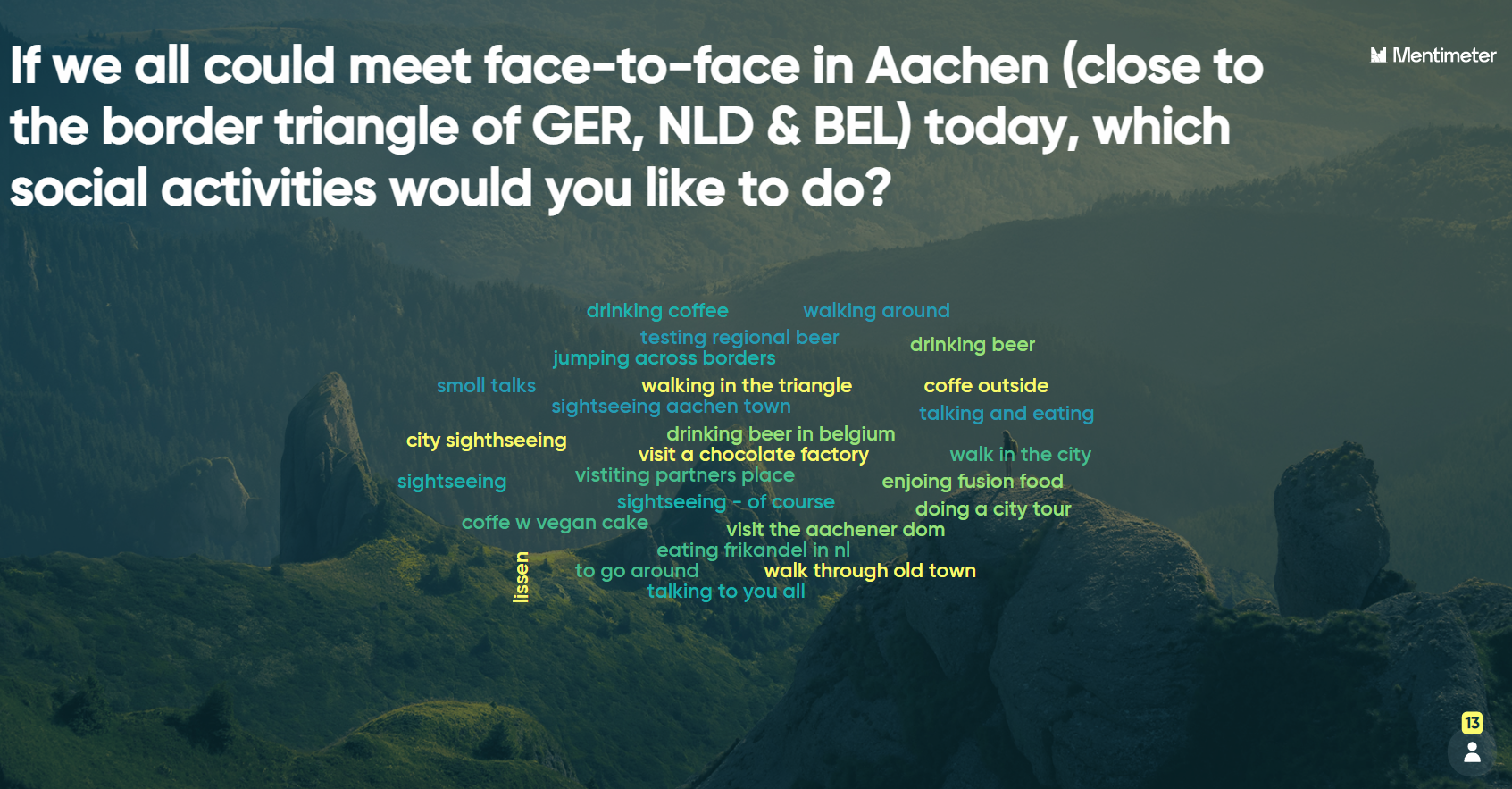What have we learned in one year of online meetings?
For sure that it is important to also communicate informally during online meetings, to reserve some time for reflection, and sometimes to freshen up the conversations by inviting special guests. This is what we did during our 7th consortium meeting (which we held as a series of online meetings between March 16th and 24th 2021 and unfortunately #notinAachen).
Our first guest was Zoltán Bajmócy, associate professor and vice dean at the University of Szeged, Hungary, in charge of equality and inclusion. He shared his experiences of implementing an equality strategy with a co-creation approach. Due to his expertise with stakeholder involvement and RRI, he was able to gave us valuable feedback on our own processes of co-producing gender equality knowledges with actors within our organisations but also stakeholders from other RPOs and RFOs.
At our second meeting Pat O'Connor visited us for the third time, to help us with our GEPs, especially targeting our identified key sites of inequality with the planned and implemented measures. With her longstanding experience (she is Professor Emeritus of Sociology and Social Policy at University of Limerick) especially in the area of change management at an organisational level, she unveiled power issues and institutional resistances and pointed us to strategies how change can happen nevertheless, most of all by including "champions" and using levers, like universities' need for good reputation. "You need to build on your own insights of power!", is advice we will definitely use in our work as CHANGErs.
Our last meeting day was dedicated to how science policy and research funders can be informed by our (and our sister projects') knowledge about the importance of gender equal funding and using money to incentivise equality processes in academia and research. In this respect our advisor Marcela Linková as head of the Centre for Gender and Science at the Institute of Sociology of the Czech Academy of Sciences is of one of the leading gender policy experts in Europe and she shared her knowledge and also latest information about the inclusion of GEPs as an eligibility criterion in Horizon Europe, the new research funding programme of the European Commission (one detail: GEPs will be asked for in the upcoming calls in 2021, but only for monitoring purposes; from 2022 signed GEPs are an eligibility criterion, details about the exact process and evaluation of the GEPs will be published in April).
And what would we have done if we could have met in Aachen (Germany) like it was originally planned? We would have walked the city, drank coffee and beer and...
